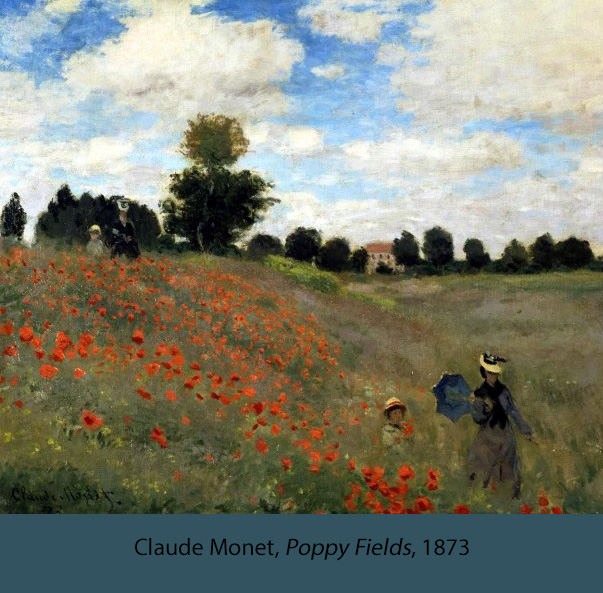Why you
are doing this assignment
Writing a history paper requires you to analyze complex and
often ambiguous phenomena, weigh evidence, come to at least a
tentative interpretation, and present your position forcefully
and convincingly to others. These are skills that you are going
to need in countless personal and professional situations across
your entire life, whether or not you ever take another history
course.
But accomplishing all of this is very demanding, and I would
really like to see you succeed in this course. Therefore, before
we get to the final paper that will provide a large part of the
grade for the course, you are going to have a chance to practice
and perfect each of the steps that you will need to do the kind
of thinking and writing that is needed.
We are starting right now. The Historical Problem that You Will Be Dealing With Historians are always involved in understanding how people in previous eras experienced their world and why their perspectives are often so different from our own. Our task in this course will be try to understand both how the lives of Parisians in period from 1850 to 1900 experienced the world and how they reacted to the great changes occurring in their society. We will start by looking at one of the areas in which change was particularly visible in this period -- the visual arts. Later we will move on to transformations that were occurring in other areas or Parisian life, such as the organization of the city, the development of consumerism, gender roles, and politics.
As soon as look
at the visual arts in this period, we encounter something that
seems very odd. When we look back at late 19th-century Paris from the perspective of the
21st century, we generally
Yet at the
time, many artists and critics and much of the general public viewed the
new experiments in painting with such hostility that, on at least one
occasion, guards had to be posted at exhibitions to protect paintings
from being slashed by enraged visitors. Works, such as this painting by
Monet, were often seen, not only as the product of
untalented artists, but as signs of the decay of all of Western
civilization. What Do You Need To Do? Historians begin to interpret cultural patterns like this by posing questions for themselves. In developing reasonable answers to these questions, they develop a better understanding of what was going in earlier epochs. So here is a question that will help us understand this aspect of late 19th century Parisian culture and begin our exploration of other aspects of that period. It takes a large and diffuse issue -- why was there so much angry resistance to new art forms in this period -- and narrows the issues into a specific question that can be answered with some research and systematic thought.
This is the kind of question that can serve as the basis for a strong history paper. But for the present, you will not actually be writing such a paper. Instead, you will be answering a series of questions that will duplicate steps they are required in historical research. It is time now to go back to Canvas and begin working on the four parts of the PreClass Assignment. There will be links to the material on our course website that will help you answers these questions. |
|
When you need to return to Canvas, click here.
 view it as the site of the one of the greatest cultural flowerings in
human history. In particular, the paintings of that period, including
the works of the Impressionists, Van Gogh, and a host of other great
artists, remain highly popular today.
view it as the site of the one of the greatest cultural flowerings in
human history. In particular, the paintings of that period, including
the works of the Impressionists, Van Gogh, and a host of other great
artists, remain highly popular today.